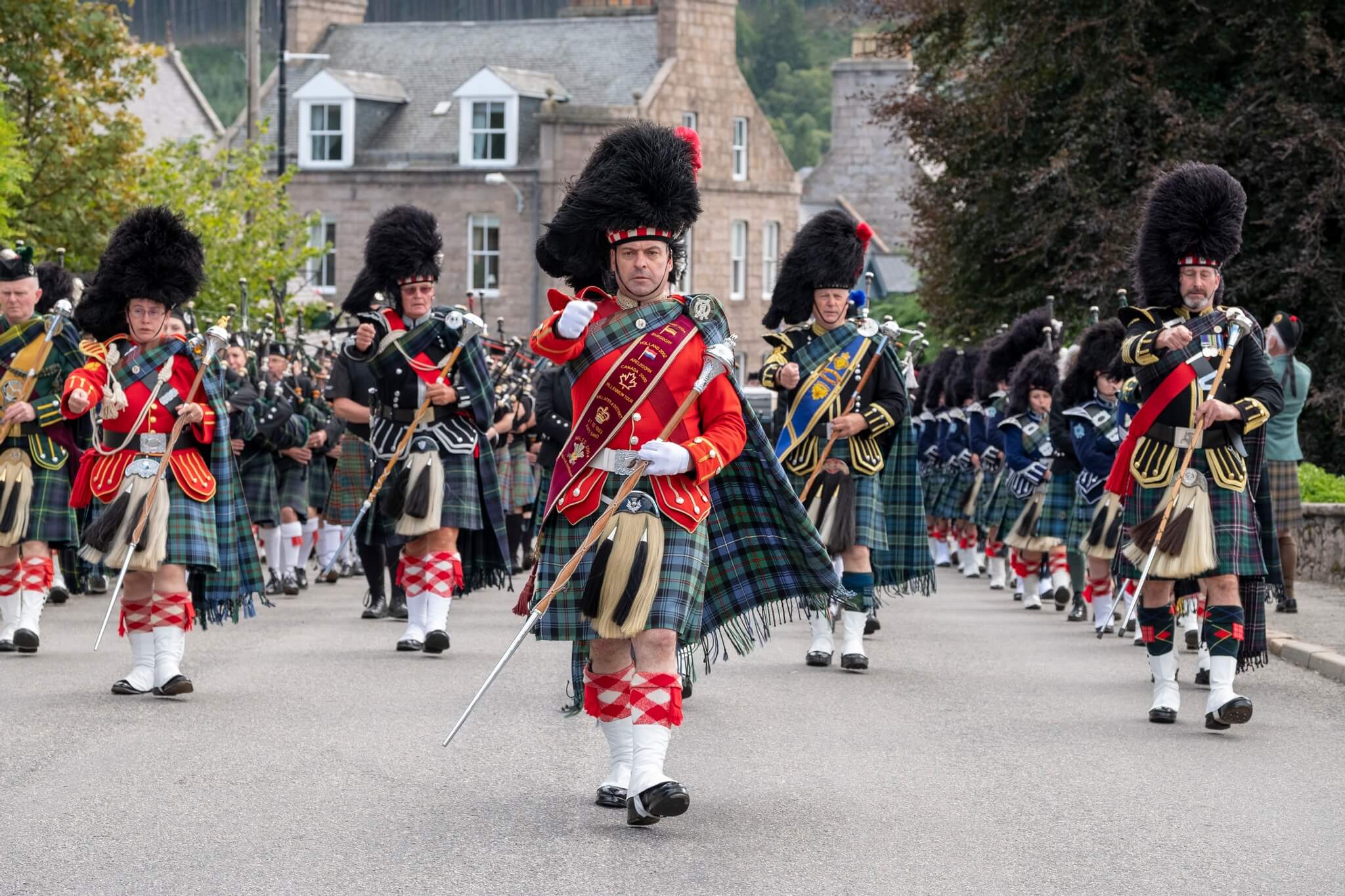Buachaille Etive Mor and Buachaille Etive Beag seen from Glen Etive, Glencoe
What is a clan?
While the term "clan" means family or children in Gaelic - not everyone in the same clan was actually related to each other. The clans lived off the land, with cattle being their main source of wealth and, along with border disputes, the prime cause of inter-clan unrest. The most important clan chiefs at this time were part-kings, part-protectorates and part-judges and they held real power over their controlled lands.
Few aspects of Scotland’s history were as colourful, or as bloody, as the clan system. From ancient origins in the Celtic, Norse or Norman-French traditions, by the 13th century the clans had grown firm roots in the Highlands of Scotland.
The headstone of the Clan Mackintosh
The Battle of Culloden and the Highland Clearances
The system remained largely intact until the time of the bloody Battle of Culloden in 1746, where the Jacobite rebellion was mercilessly crushed by the royal troops of King George II. By this point, improved trade and communication links between northern and southern clans were already leading to the dilution of the clan system and the infamous Highland Clearances effectively signalled the end as thousands of Scottish land workers were evicted, with some emigrating to distant shores.
Clans today
Today, many clans can be traced back to a specific part of Scotland, for example the MacLeods of Skye, the MacNeils of Barra or the MacNabs of St Fillan on Loch Earn. If you have ancestral ties and a clan history in Scotland, a trip to your clan’s homeland is an incomparable and moving experience like no other.
The Bruce's Stone
Where do clan names come from?
It was often thought that people with a clan surname were direct descendants of the clan chief, but it was also common to adopt a surname when land was taken over to show solidarity and ensure protection with the clan.
Beyond the clan connections, the origins of other Scottish surnames are varied. The same name can also have multiple spellings, due to there being no standard spelling rules for many years, so many variants exist. McNeil, for example, is also spelt McNeill, MacNeil, MacNèill, MacNeill and McNeal!
Gaelic connections
The Gaelic connection can be seen in names such as Craig (from the Gaelic creag, which means "crag" or "rocks") and Cameron (from cam and sròn which forms camshròin meaning "crooked nose").
Familial
Meanwhile patronymics also feature - for instance, if Peter has a son called John, John's surname becomes Peterson, meaning "Peter's son". Names also derive from where people lived, for instance, Murray from Moray in the North East.
Professions
Professions also played their part - such as Baxter (baker), Webster (weaver) and Brewster (brewer), as did influences from Norse (Gunn) and Irish immigration during the 19th century (Daly or Dailly).
